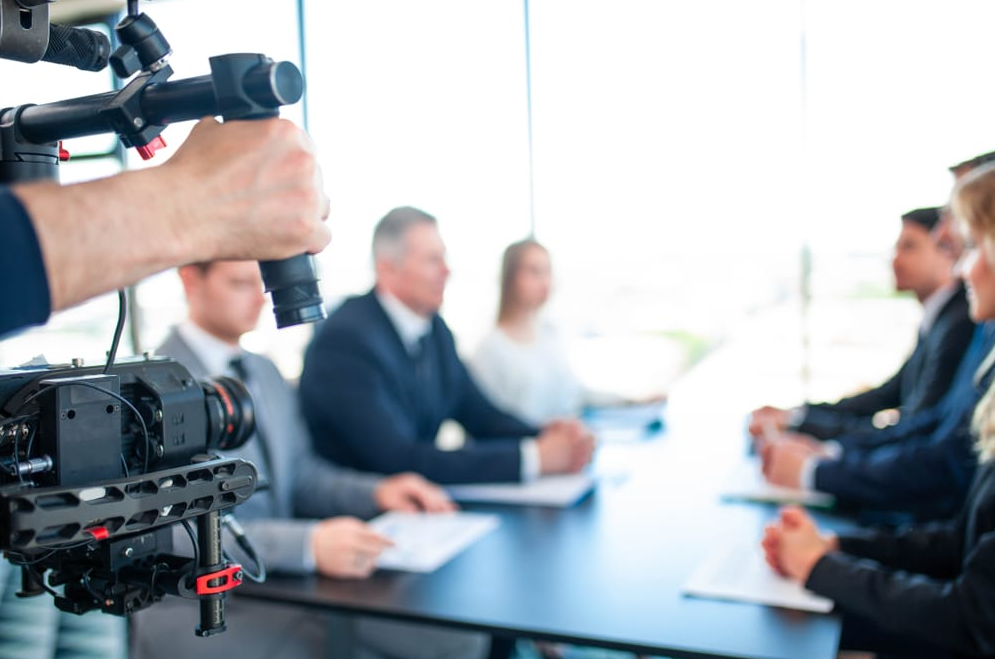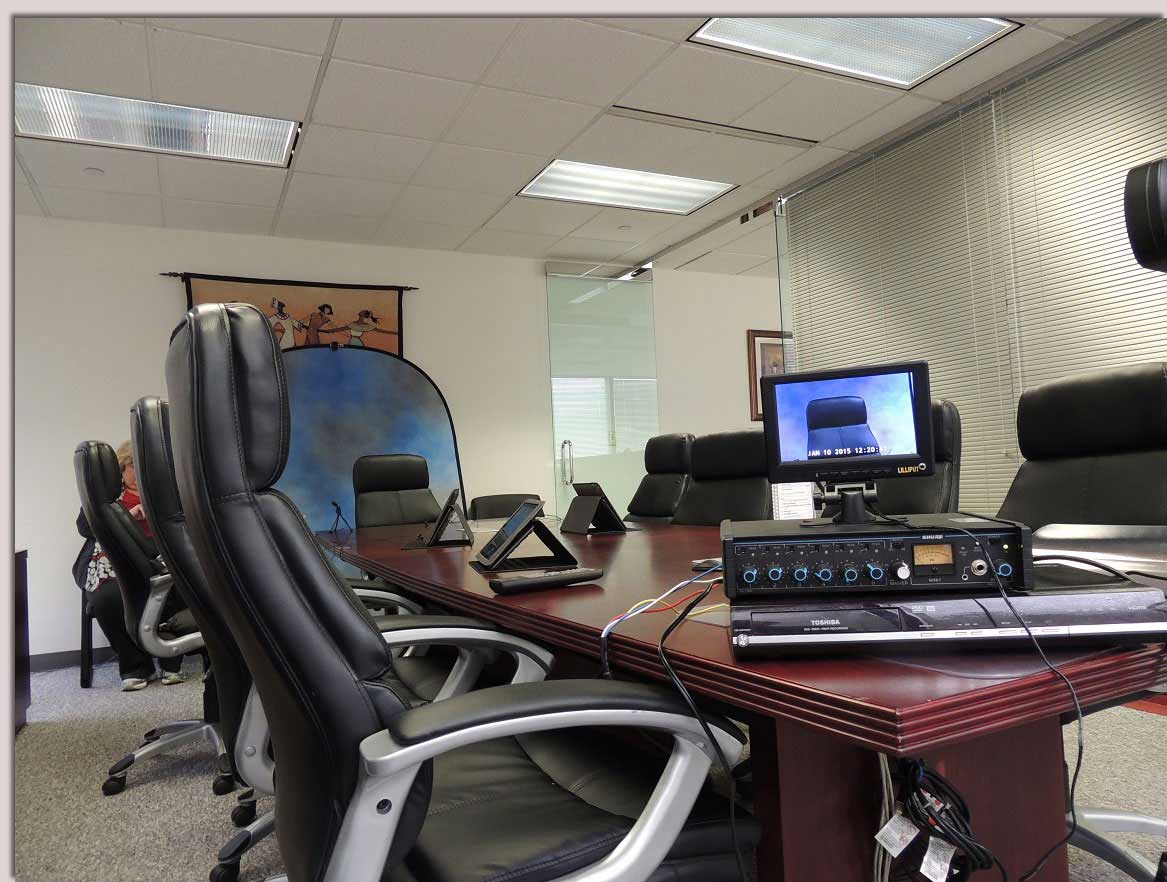Reliable Legal Videography for Hearings.
Reliable Legal Videography for Hearings.
Blog Article
The Duty of Lawful Videography in Depositions and Trials
Lawful videography has arised as a necessary device in both depositions and trials, providing a multifaceted strategy to documenting witness testaments. As lawful experts progressively recognize its worth, it triggers a much deeper assessment of how these aesthetic records can affect juror understandings and test results.
Value of Legal Videography
Lawful videography plays a pivotal function in the documents and presentation of depositions and tests. This specific area incorporates technological skills with legal understanding to produce a reputable document of proceedings that can considerably influence instance outcomes. The appearance of legal videography improves the understanding of witness testimony, enabling jurors and courts to observe not only the spoken words however additionally the temperament, emotions, and body movement of the witnesses.

The relevance of legal videography prolongs beyond the courtroom; it additionally plays an important role in preserving evidence for future referral, whether for charms or additional lawsuit. Therefore, its integration right into the lawful procedure is necessary for making sure a fair and accurate depiction of the facts, eventually adding to the quest of justice.

Process of Legal Videography
While catching the subtleties of depositions and trials, the process of lawful videography includes several essential actions that ensure top quality, precise recordings. At first, a specialist lawful videographer prepares by examining the situation products and understanding the certain demands of the deposition or trial. This prep work consists of acquainting themselves with the individuals and the context, which assists in recording pertinent details.
On the day of the recording, the videographer establishes the necessary equipment, which typically consists of high-def video cameras, microphones, and proper illumination. Guaranteeing optimum angles and sound quality is crucial, as it directly influences the performance of the recording. The videographer interacts with lawyers and participants to establish procedures, guaranteeing that every person comprehends the recording process.
During the deposition or test, the videographer thoroughly videotapes the procedures, paying very close attention to both verbal and non-verbal cues. legal videography. This includes catching the demeanor and reactions of witnesses and lawyers. After the session wraps up, the videographer may modify the video for clearness and conformity with legal standards, producing a final item that accurately reflects the process for future recommendation and usage in lawful contexts
Advantages in Depositions
The unification of videography in depositions uses numerous advantages that enhance the total process of gathering proof. One primary benefit is the ability to record witness statements with visual and auditory integrity, supplying a more accurate representation of the witness's attitude, tone, and body movement. This multidimensional strategy permits attorneys and juries to assess integrity better than typical written transcripts alone.
Furthermore, videographed depositions offer as Get More Info an effective tool for protecting statement. Needs to a witness come to be not available for test, their tape-recorded deposition can be played in court, making sure that their proof stays available and relevant. This aspect considerably reduces the threat of shedding critical information that can impact case results.
In addition, using legal videography advertises better prep work for lawyers. Evaluating video footage enables lawful teams to examine and improve their approaches, recognizing staminas and weak points in their situations. This preparatory advantage can bring about more engaging presentations in court.
Lastly, videography enhances the general expertise of the deposition procedure, instilling self-confidence in customers relating to the thoroughness of their lawful depiction. By leveraging modern technology, lawyers can considerably enhance the efficiency of depositions.
Effect on Tests
In lots of trials, the assimilation of videography can substantially influence the presentation of evidence and the court's understanding. Legal videography records witness testimonies and vital evidence in a dynamic layout, enabling jurors to engage with the product on multiple levels. This visual element improves the storytelling aspect of a trial, offering context and emotional resonance that traditional text-based proof may do not have.
In addition, video clip recordings can work as powerful devices for impeachment during interrogation. When inconsistencies arise between a witness's previous declarations and their courtroom testament, video proof offers an objective referral that can guide jurors' opinions. This immediacy and clearness can bolster the reputation of a celebration's narrative while simultaneously threatening opposing disagreements.
In addition, making use of videography can aid streamline complex information, making it much more accessible to jurors who may struggle to comprehend detailed information provided exclusively via spoken testimony. By incorporating visuals with acoustic details, lawful videography can enhance retention and understanding, eventually influencing this link the jury's decision-making procedure. Therefore, the impact of videography in trials prolongs beyond mere aesthetic appeals; it plays an essential duty fit the lawful landscape and results.
Future Trends in Legal Videography
As we look towards the future of lawful videography, a number of emerging trends promise to improve its function within the court. One significant fad is the combination of expert system (AI) in video clip analysis and modifying - legal videography. AI can streamline the procedure of identifying key moments in tape-recorded depositions, permitting attorneys to quickly access relevant material, consequently enhancing performance in situation preparation
Furthermore, the surge of virtual truth (VR) and boosted truth (AR) modern technologies is expected to transform how jurors experience evidence. By submersing jurors in a substitute atmosphere, these modern anchor technologies can give a more profound understanding of complicated situations, bring about even more informed considerations.

Additionally, the boosting demand for remote depositions, sped up by the COVID-19 pandemic, will likely continue. Lawful videographers will certainly need to adjust to brand-new software and systems to ensure high-quality recordings in digital setups.
Lastly, the growing emphasis on information security will necessitate stricter procedures for saving and sharing video clip evidence. As the legal landscape develops, legal videographers need to stay abreast of these trends to keep their significance and effectiveness in the judicial process.

Final Thought
In summary, lawful videography offers an important feature in the judicial process, improving the integrity of depositions and trials. As innovation continues to develop, lawful videography is poised to additional transform its function within the lawful landscape.
Report this page